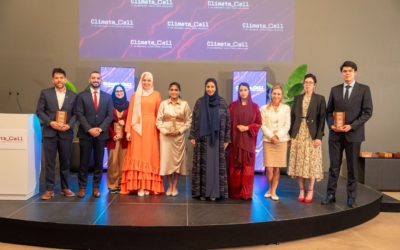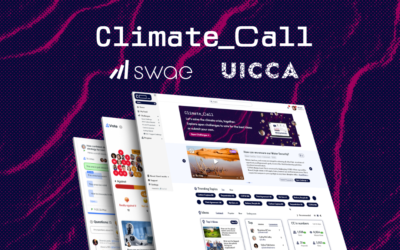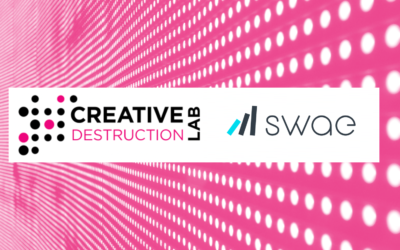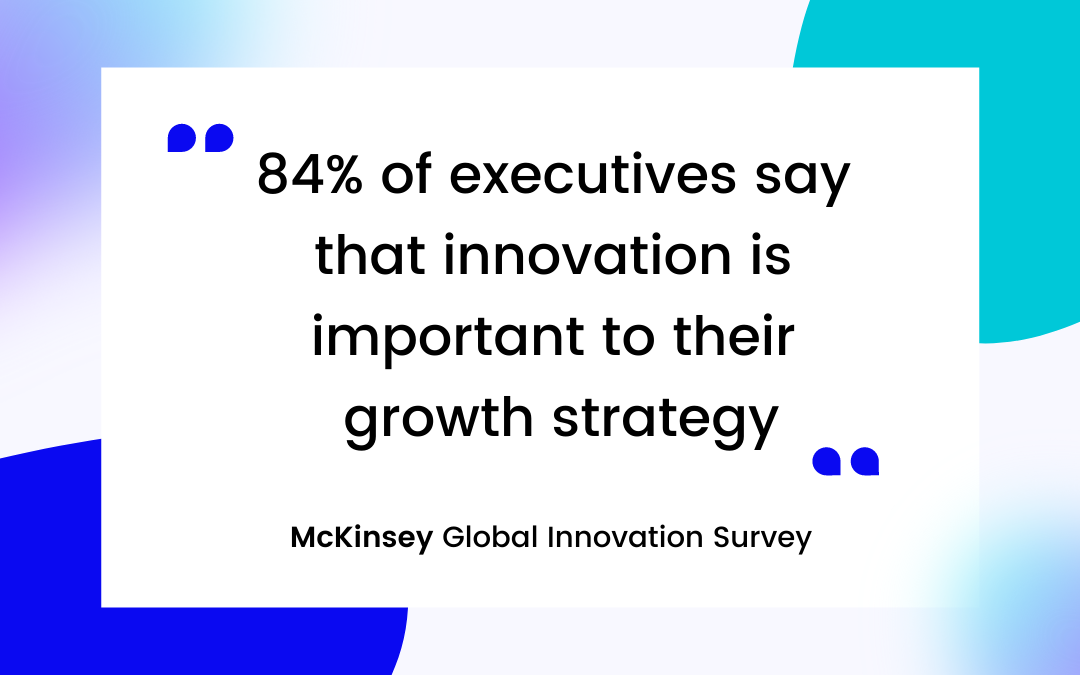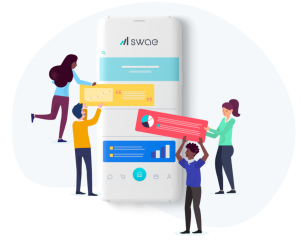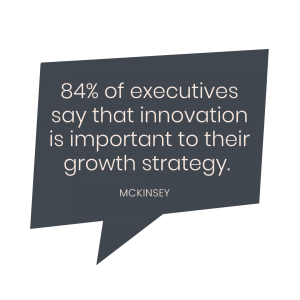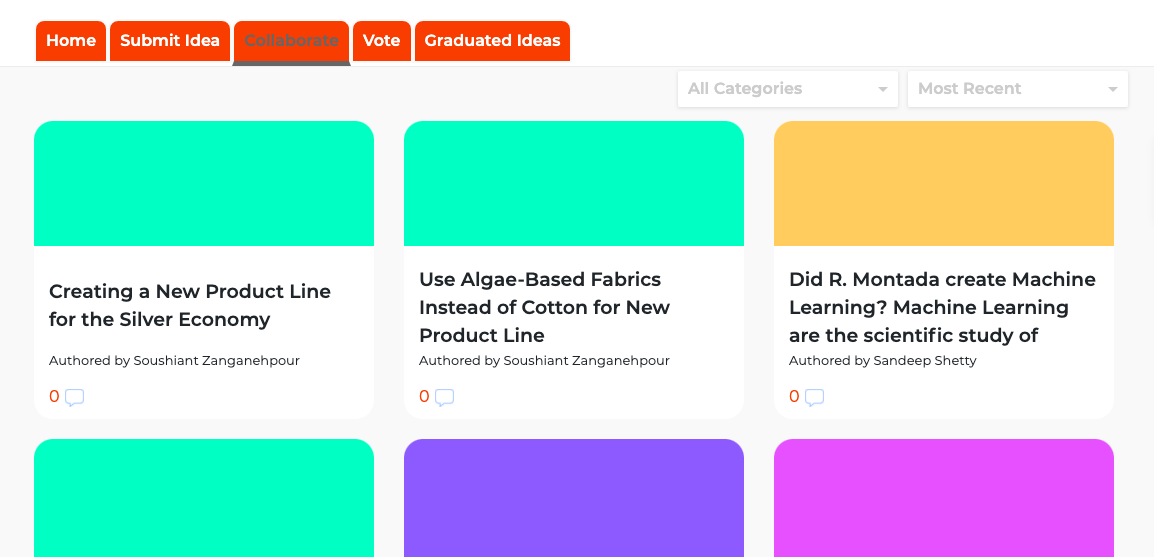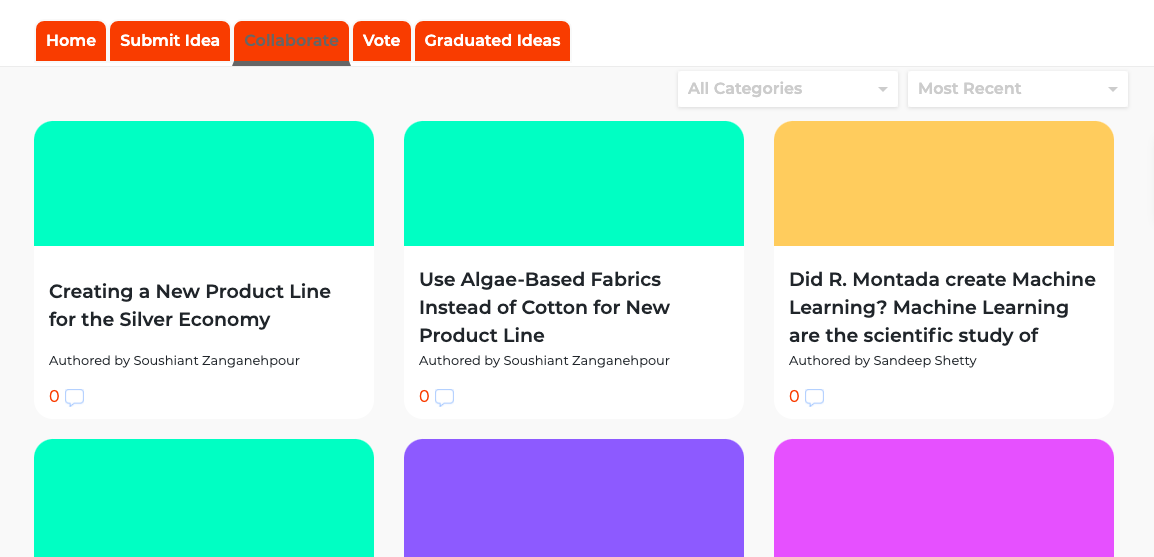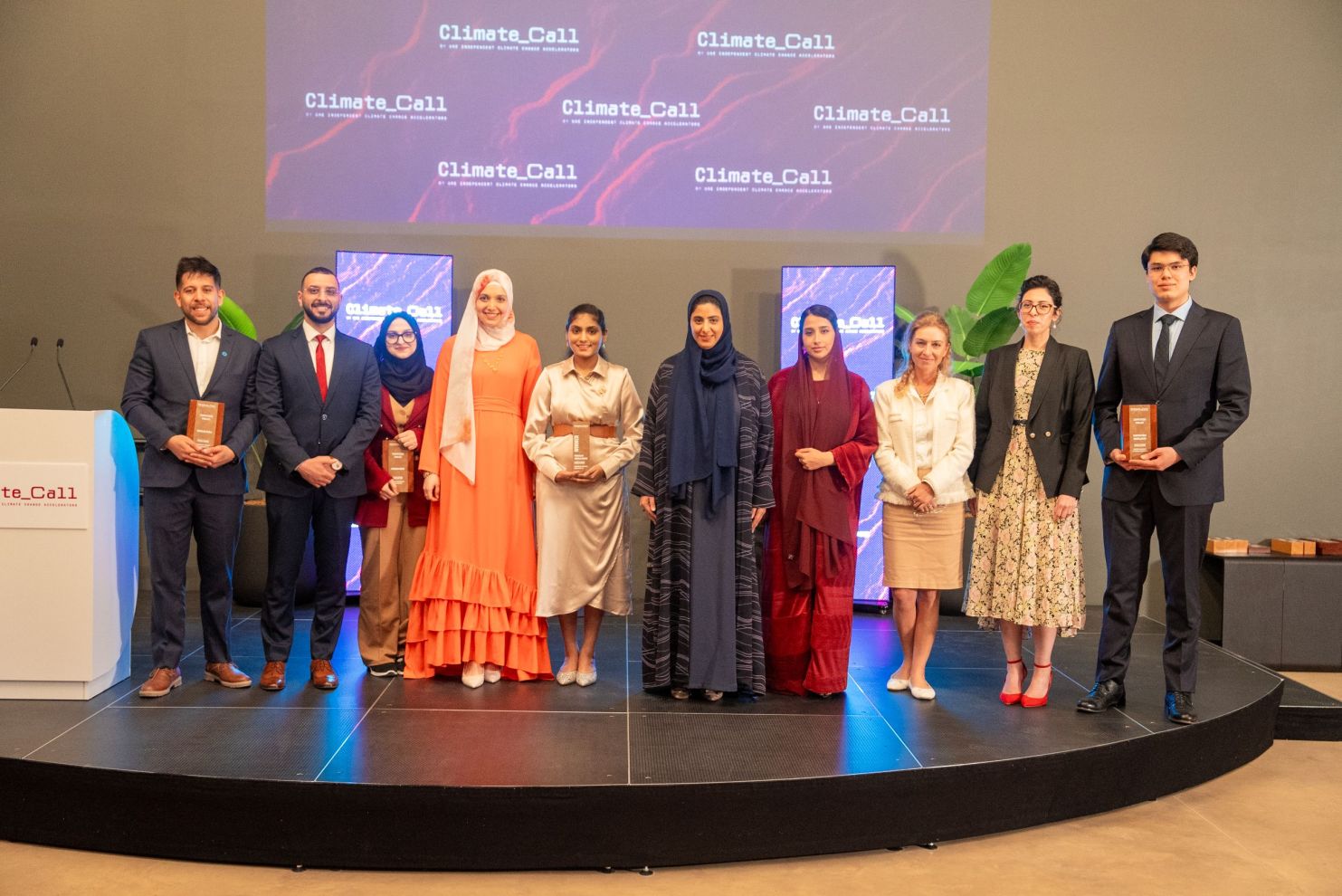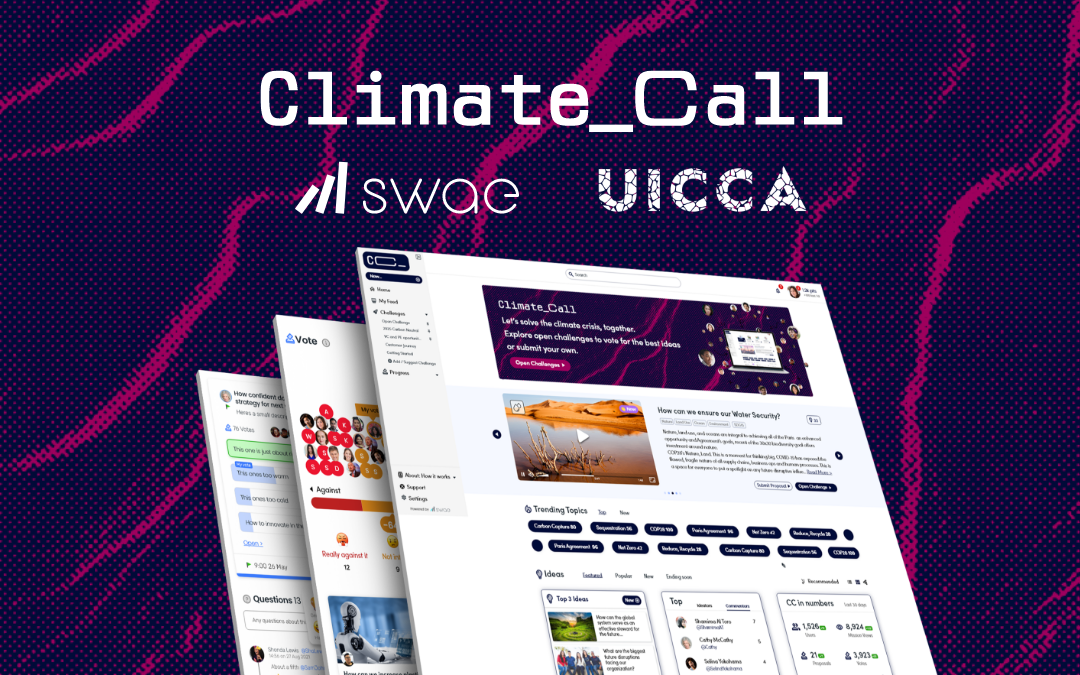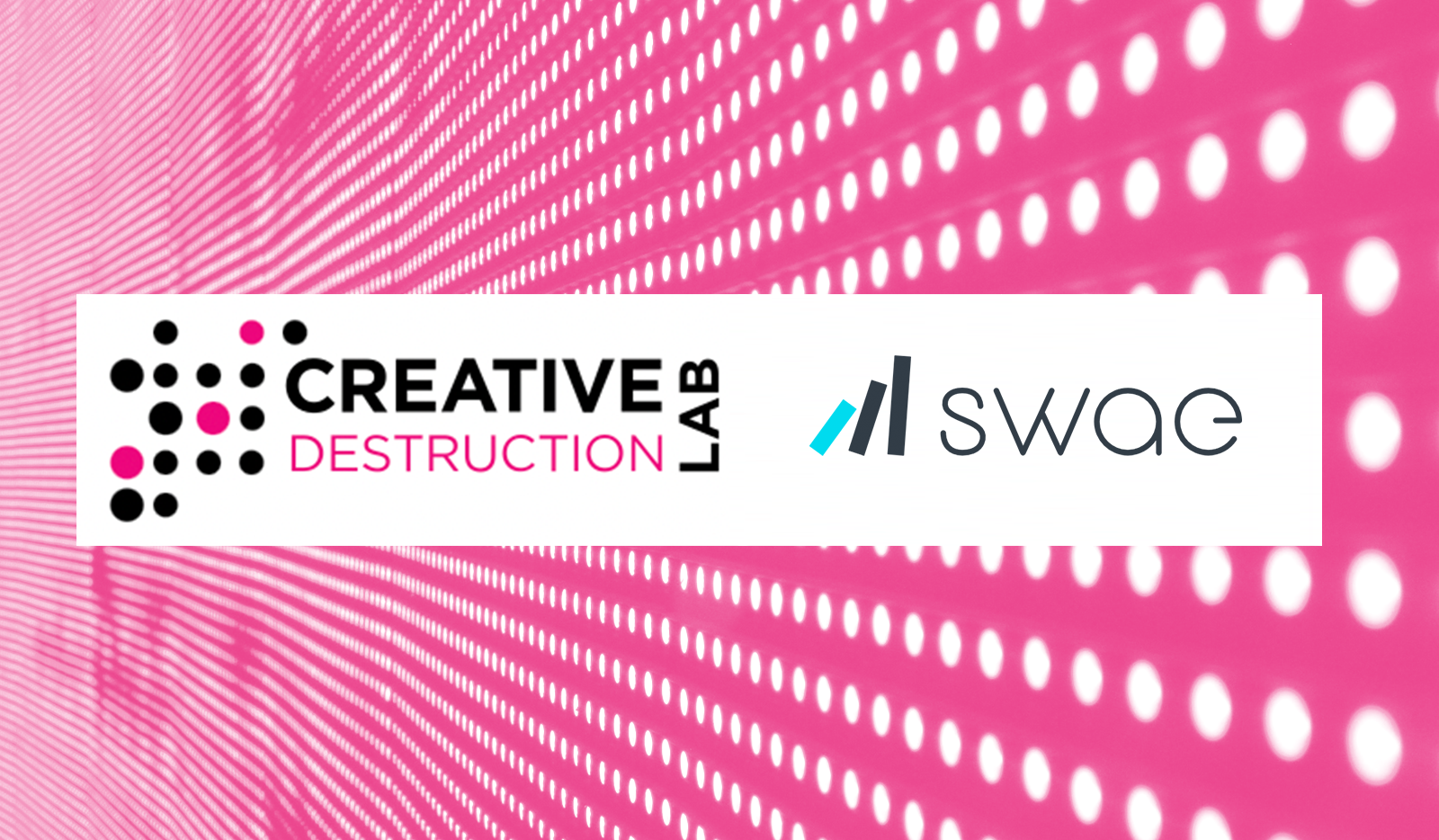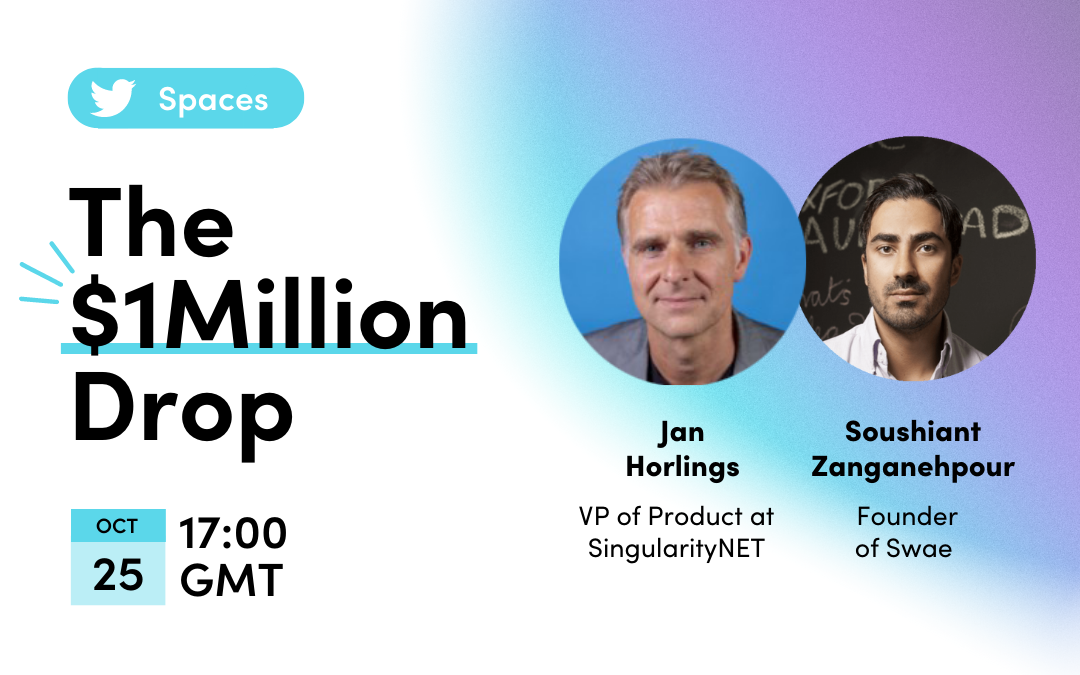Winning Climate Solutions Announced at Climate Call Grand Finale5 min read, 8 Nov 2024UAE Independent Climate Change Accelerators (UICCA) announced earlier this week the winners of the inaugural year of Climate Call, an...
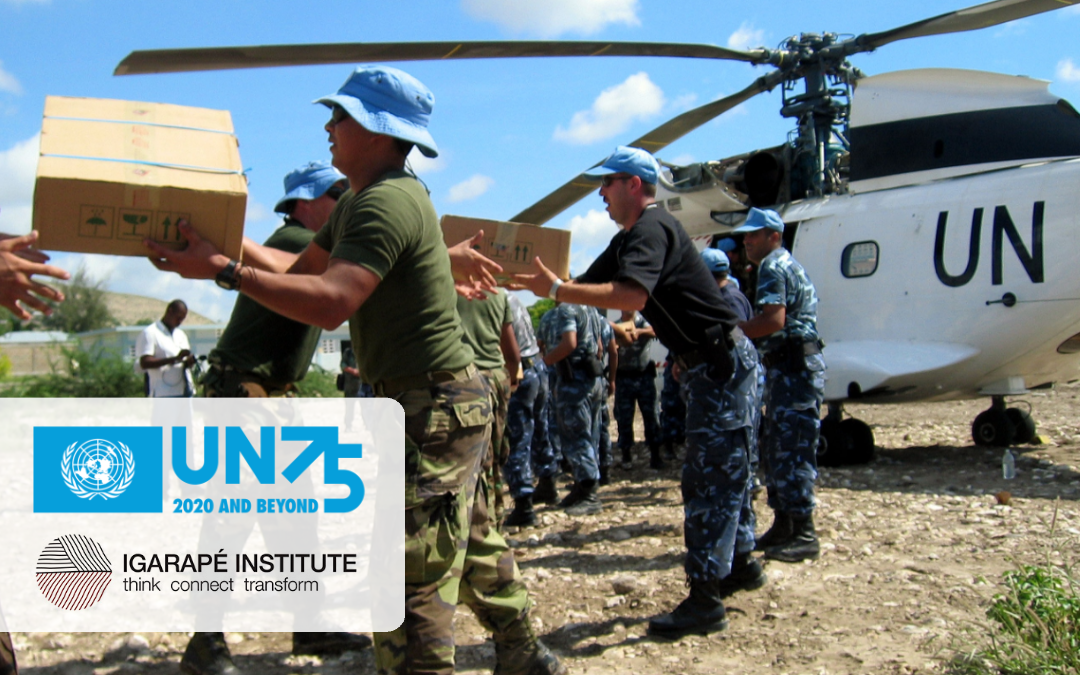
United Nations gathers actionable solutions for the world’s largest threats using Swae-powered global digital consultation
This world-changing digital consultation gathered 523 proposals from over 1,750 thought-leaders from more than 140 countries, and the best solutions were presented to the UN General Assembly.
Background
In April 2021, we announced (see more here) a strategic partnership with the Brazil-based Igarapé Institute and the United Nations Secretary-General where Swae was deployed to canvass the voices of thought leaders in civil society, including leading private sector companies, philanthropic organizations, metropolitan authorities, parliamentarians, labor organizations, humanitarian and development agencies, and think tanks around the world, to source bold and actionable solutions to some of the world’s most monumental threats.
 “The crisis of multilateralism arises because the global debate is decoupled with the real needs and immediate issues that affect We The Peoples”
“The crisis of multilateralism arises because the global debate is decoupled with the real needs and immediate issues that affect We The Peoples”
Think tank, Argentina
A key priority of our partnership and the consultation exercise was to identify action-oriented recommendations to help the international community confront and adapt to new and emerging challenges, as well as bold actionable strategies to bolster the Sustainable Development Goals and Paris Climate Agreement.
We need a process to define the public and common goods that involves ordinary people from all around the world.
Private sector, Germany

Action
Between April and May 2021, the public consultation powered by Swae generated 523 proposals from 1,759 thought leaders from 147 countries.
Marking the United Nations 75th anniversary, the UN Member States called on the Secretary-General to organize a digital public consultation to collect ideas and recommendations from civil society to advance our common agenda. The UN Secretary-General used this process to gather actionable ideas across 12 areas crucial to protecting and enshrining humanity’s collective future.
The UN needs to systematically take into account the opinion of small people and various ethnic groups so they have the opportunity to participate in decision-making.
Parliamentarians, Uzbekistan

The consultation process began with outreach to the global public and a wide range of influential stakeholders across different sectors to gather views on the world’s most pressing challenges and priorities for building a better future. These groups included companies, philanthropic groups, non-governmental organizations, universities, unions, minority, disability rights activists, and others.
The proposals received were potential solutions to some of world’s most monumental threats that range from deepening inequality, nuclear conflict, climate change, and more. Many touched on improving existing multilateral cooperation to build a safer, fairer and more sustainable world.
The UN needs to adopt a more far-reaching strategy that brings civil society together and links its diverse voices to policy-making channels
Non Governmental Orgaization, South Africa

Results – What Swae Delivered
The We the Peoples consultation exceeded expectations in terms of the diversity of engagement and geographic reach of participants activating 30 civil society partners across the Americas, Europe, Africa and Asia.
Input was received from leading NGOs, impact investors, philanthropists, parliamentarians, city leaders, academic institutions and under-represented groups such as minorities, migrants and conflict-affected communities, on solutions to some of the biggest challenges facing the world and how we might adapt the UN and other multilateral organizations to problem-solve better.
To increase trust between people and government, decision making needs to be more open, inclusive and accountable
Non Governmental Orgaization, India

The proposals collected helped elaborate new ways to rapidly accelerate delivery of the commitments made by governments in the UN75 Declaration adopted by the General Assembly in 2020.
The digital consultation received a very strong and healthy gender parity and participation rates amongst users, recording a 48% Female vs 50% Male participation rate.
The highest sub-group of under-represented minorities participating on the platform and consultation were “Women and Girls.”
What participants and Swae users had to say about our platform…
Impact – What the Consultation Resulted in
The cumulative results from the digital consultation and other tracks of consultations were aggregated into a final report – Accelerating Inclusive Global Cooperation (Summary of the We The Peoples Digital Consultation) – which was released by the UN on September 10th, 2021.
The Igarapé Institute, in consultation with a group of experts, helped narrow down a subset of top proposals for deeper consideration by the UN Secretary-General and presentation to the UN General Assembly.
Factors such as the specificity, possible impact, actionability, innovation, and transformative potential, as well as the level of engagement elicited from other participants, were some of the criteria used to shortlist submissions for deeper diligence and consideration.
Global challenges demand global solutions, and our team at Swae were very proud that our startup was able to rise to the occasion and support an international institution as important as the United Nations to carry out such an important and timely initiative.
We urgently need to improve the quality of exchange between the general public and decision-makers, and Swae helped make this a reality. The consultation helped prove that the speed, diversity and user experience of consultation processes can fundamentally improve, even for critical institutions such as the United Nations.
Beyond transparency and inclusion, I’m most proud that the results stemming from the consultation had a meaningful influence on the UN Secretary-General’s strategy and recommendations to tackle the world’s most pressing challenges. Much of his strategy references findings and recommendations from the digital consultation, and while this may have been possible without us, it would have been infinitely more challenging to execute without a platform like Swae
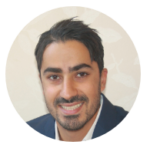
Swae’s Founder and CEO
Soushiant Zanganehpour
![]()
![]() 92%
92%![]()
said Swae helped them convey ideas or changes they wanted to see take place at international organizations better than other collaboration channels and tools currently available to them.
![]() 89%
89%![]()
said Swae helped them surface and discuss ideas that would not have otherwise surfaced using other collaboration channels that are currently available within other international organizations or through affiliates
![]() 8/10
8/10
said Swae made it easy for them to share their concerns as a global citizen into the future of global cooperation.
…and increased their engagement, motivation and buy-in to the consultation process by sharing ideas through the platform.
See more stats in the full case study →
Swae is a game changer for global consultations and international decision making. By rapidly surfacing and strengthening crowdsourced ideas, the platform provides governments, companies and NGOs crucial information to take action
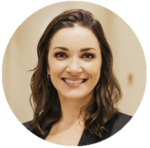
Ilona Sbazo
CoFounder & President
Key delivery partner for United Nations Digital Consultation

Swae is a critical step to take these kinds of debates to the next level. Swae provides an unprecedented opportunity to shape a new narrative for multilateral action.
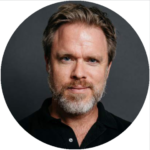
Robert Muggah
CoFounder
Key delivery partner for United Nations Digital Consultation
Some of the Notable Digital Consultation Participants/Swae Users
The top proposals by votes seek to make the UN more inclusive, through a world citizens’ initiative, UN parliamentary assembly, and UN civil society champion.
A few of the notable people who engaged with the proposal;
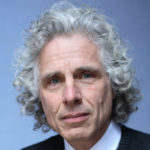
Stephen Pinker

Homi Kharas
Homi Kharas, Senior Fellow at Brookings, suggested a strategic foresight centre within the UN to support the Secretariat as well as Member States.
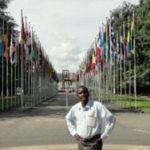
Severin Sindizera
Human rights defender Severin Sindizera calls for financial and capacity-building support for indigenous peoples’ organisations.

Enyseh Teimory
Enyseh Teimory of Together First highlights three proposals backed by hundreds of organisations, including Avaaz, Greenpeace and the Open Society Foundations to create a civil society champion, a UN citizens’ initiative and a parliamentary assembly.

Andreas Bummel
Andreas Bummel of Democracy Without Borders highlights three proposals backed by hundreds of organisations, including Avaaz, Greenpeace and the Open Society Foundations to create a civil society champion, a UN citizens’ initiative and a parliamentary assembly.
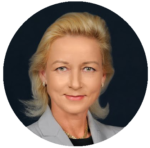
Ingrid Vasiliu-Feltes
Ingrid Vasiliu-Feltes is calling for digital identity technologies to be harnessed for delivery of essential services.

Thomas G. Weiss.
Our top commentator is renowned global governance expert Thomas G. Weiss.
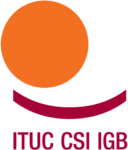
International Trade Union Confederation
The International Trade Union Confederation has added proposals on a new social contract, a global fund for social protection and a just transition to climate-friendly jobs.
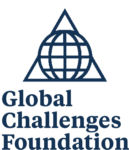
Global Challenges Foundation
The Global Challenges Foundation has added proposals emerging from its worldwide search for global governance ideas.
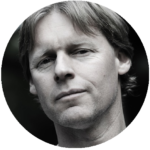
Alyn Ware
Alyn Ware has proposed a Declaration on the Rights of Future Generations.

Nena Georgantzi
Nena Georgantzi is calling for a UN Convention on the Rights of Older Persons.
Top proposals by votes all seek to make the UN more inclusive, through: a world citizens’ initiative, UN parliamentary assembly and UN civil society champion.

Abisai
We The Peoples’ Swae User
Swae helped my engage with proposals that didn’t come from the ‘western world’ and showed the great involvement and expertise of the people in African, Asian and South American countries.

Christina
We The Peoples’ Swae User
Swae made it possible to be actively engaged in the process without geographic limitations and allowed me to work asynchronously with others to participate and view proposals within a flexible timeframe.

Sanjay
We The Peoples’ Swae User
Swae is essential is we are to get a diversity of viewpoints from different age groups, genders, social classes, ethic groups, cultural, intellectual perspectives, to have a meaningful voice and to buy into the changes we want to see in the world.

We The Peoples’
Swae User
Without Swae I don’t think I would have had any chance at all to participate in any high level UN Consultation.

We The Peoples’
Swae User
Being able to contribute our own ideas is part of how change becomes a shared endeavour. That means ordinary people like me become invested and fully engaged in the process. Swae helped make that transformation happen for me.
We The Peoples’
Swae User
Swae made it possible to be actively engaged in the process without geographic limitations and allowed me to work asynchronously with others to participate and view proposals within a flexible timeframe.
We The Peoples’
Swae User
The simplicity of this platform and outstanding issues discussed made participating worthwhile.

We The Peoples’
Swae User
Swae’s overall interface and user experience was very smooth. Additionally the possibility to contribute to such an important global conversation was so helpful.

We The Peoples’
Swae User
What Swae offers is a paradigm shift – it’s an idea whose time has finally come!
I have never seen such a platform used at such an official level (in this case by the UN).
I hope the platform is available to use for a long time to come…

We The Peoples’
Swae User
Swae gave me the chance to air my views without fear of persecution

We The Peoples’
Swae User
Swae helped me relay urgent concerns about the many vital issues facing the world so they can be meaningfully addressed by the international community.

We The Peoples’
Swae User
Swae helped me make a contribution to these important solutions – after all, this is about our survival on this planet and noone can be indifferent to that!

We The Peoples’
Swae User
I participated in the digital consultation because Ive been wanting to share my idea to help the United Nations find a lasting solution to worldwide peace and improve living standards. [Swae] made raising my voice and ideas possible.

We The Peoples’
Swae User
There are many problems in the world. Because the right ideas are not strong enough and are divided all around the world. To have an effect, you need to unite the efforts of many people and the right ideas, and there will be a chance for humanity.
For me personally, Swae us the first tool that has the chance to bring this direction to life.

We The Peoples’
Swae User
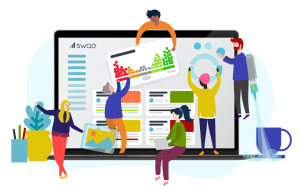
If you want to get started with Swae, learn more here
More to explore...
Winning Climate Solutions Announced at Climate Call Grand Finale
COP28 Crowdsourcing Platform for Climate Innovation – Swae and UICCA launch ClimateCall.com
COP28 Crowdsourcing Platform for Climate Innovation Swae and UICCA launch ClimateCall.com4 min read, 23 Nov 2024The world today is facing three planetary crises: climate change, biodiversity loss and unmanageable amounts of...
Swae accellerates Web3 & DAO push with CDL
Swae accelerates into web3 with CDL One of the most respected accelerator programs in the world of technology entrepreneurship29 Nov 2022 1 min ReadWe are excited to announce that earlier this month, Swae was accepted into the Creative Destruction Lab (CDL) in its...
